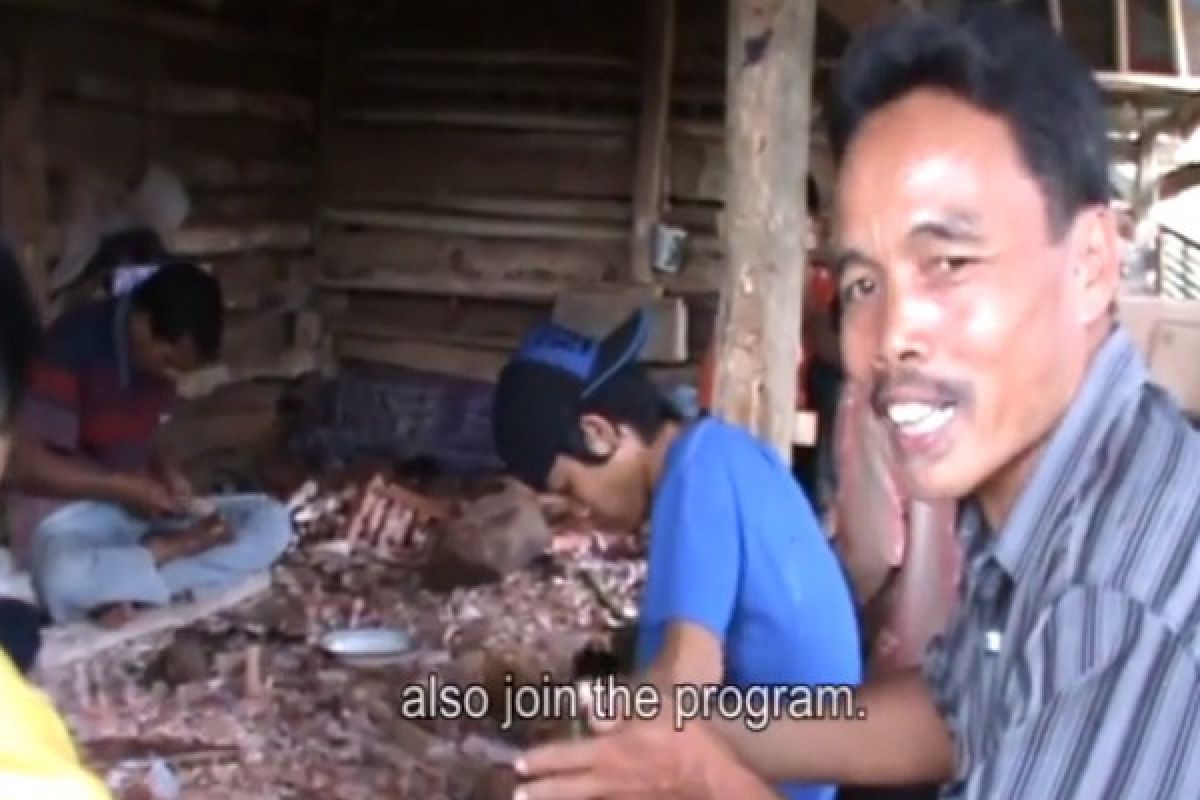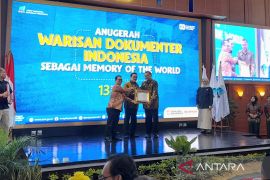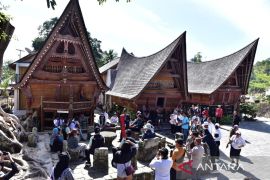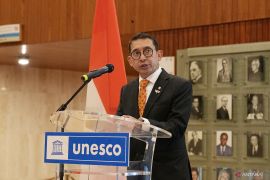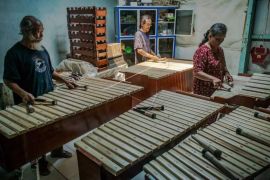The award was presented to Djajeng Baskoro, an official of the Jayagiri education office, and witnessed by Education and Culture Minister Anies Rasyid Baswedan, Indonesian Permanent Representative to UNESCO T.A. Fauzi Soelaiman said in a statement, Saturday.
Baswedan, who is concurrently chairman of the Indonesian National Commission for UNESCO (KNIU), is now in Paris to head an Indonesian delegation participating in the 38th Session of the General Conference of UNESCO being held from November 3 to 18, 2015.
Jayagiri Centre is recognized for its project "Eco Friendly Entrepreneurship for Youths and Adults", which encourages people aged 18 to 45 to work with their community to harness local traditions and resources to create products with recycled materials.
The project preserves local culture and the environment while promoting rural business initiatives.
This was the first edition of the prize, which was created in 2014 to honour outstanding efforts of individuals, institutions and organizations engaged in ESD.
The prize is funded by the Government of Japan, according to information available on the UNESCO website.
Other recipients of the award are Asociacion SERES from Guatemala and El Salvador, and rootAbility from Germany.
"This prize is a new step forward in the framework of the Global Action Programme on ESD (GAP)," said Director-General Irina Bokova, arguing that "sustainable development requires new ways of seeing the world, new ways of thinking, new ways of acting."
The GAP is the follow-up to the United Nations Decade of ESD, intended to make a substantial contribution to the global Sustainable Development Agenda while the UNESCO-Japan Prize was created to support its implementation and raise its visibility.
Hiroshi Hase, Minister of Education, Culture, Sports, Science and Technology of Japan, presented representatives of each of the three organizations with an award of $50,000 during the ceremony and said he hoped "that a variety of ESD activities will be implemented under the Global Action Programme on ESD."
"The projects undertaken by the laureates are going towards putting youth centre stage. All three projects involve a variety of stakeholders and aim to spread the word about innovative new ideas. I am sure that the laureates activities will have an enormous impact on the entire world, and I hope that implementation of ESD will greatly contribute to the resolution of global issues," he said.
(Uu.F001)
Editor: Priyambodo RH
Copyright © ANTARA 2015
